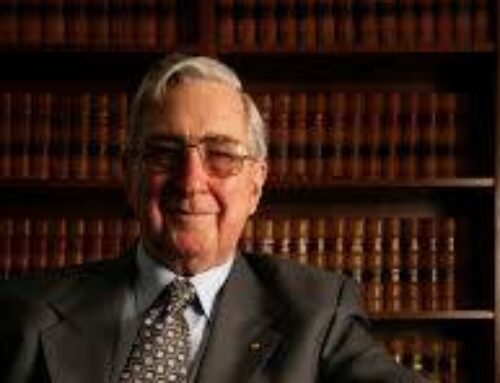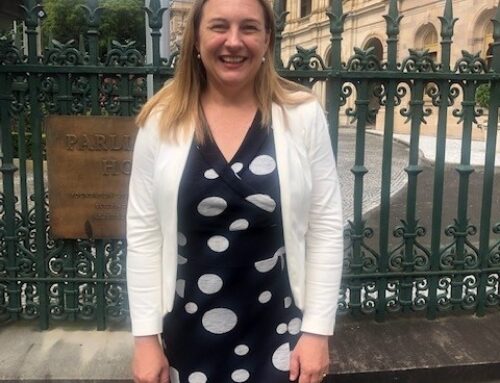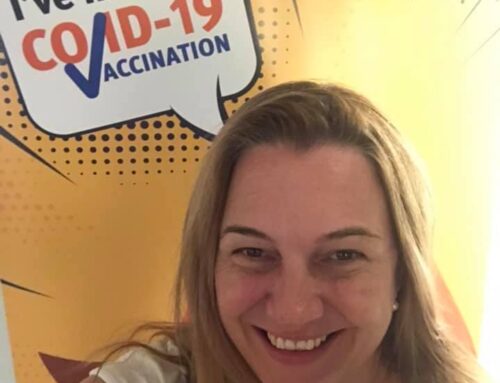A few people have called me an “Ambulance Chaser” over the years.
In the early part of my career, I found it upsetting. I hated the idea that people would associate me with the distasteful scenes in John Grisham movies – preying on people at their most vulnerable, signing them up to contracts while they were still high on morphine and completely immobile.
In one movie, I remember a patient complaining that there were more lawyers than doctors in the Hospital and, in “The Rainmaker”, it seemed to be the role of the Junior lawyer to wait in the waiting room to pounce on people who were coming in after car accidents.
All of the job satisfaction I get from helping people disappears with these images.

With maturity, I have come to realise that most people are being flippant and good natured when they call me an Ambulance Chaser. However, not many people realise that Queensland has very strict laws against Ambulance Chasing.
We cannot hand out our business cards at the scene of an accident.
We cannot procure tow truck drivers or other workers to pass on our details to people at an accident scene.
Medical practitioners cannot pass on our details to patients. This is the case even if they make the referral of their own volition and without any encouragement from us.
We cannot advertise in or around Hospitals or Medical Centres.
Even before these legal restrictions were put in place in 2002, I never worked for a firm that required me to do any of these things.
Culturally and legally, the community standard is clear that, after an accident, a patient’s primary focus should be their medical treatment. If the patient makes a full recovery, they may not need or want to claim compensation.
Sometimes our clients do ask us to visit them in Hospital. We can and do make Hospital visits if requested by a client. The important thing is that we can only do this after a client has contacted us.
I hope that clarifies why we are not and will never be “Ambulance Chasers”.
KA






